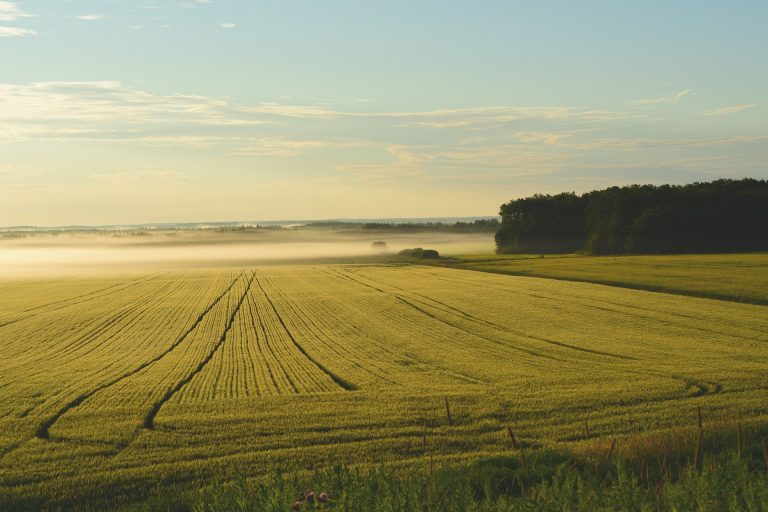Australian farmers are destroying their fresh produce due to the country’s strict COVID-19 lockdown policies. Millions of dollars worth of produce have reportedly been destroyed. The government recently relaxed some of the COVID-19 rules, which many feel might help farmers to some extent.
In an interview with The Age, Emma Germano, president of the Victorian Farmers Federation, stated that the situation was heartbreaking. One farmer she knew was forced to get rid of $1 million worth of cucumbers and tomatoes after a supermarket canceled an order.
“There’s nothing worse for a farmer who grows something [than] for it to be wasted in the paddock… There’s the environmental impact of that, the financial cost of business, it’s just absolutely obscene,” Germano said. The most hit were those who farmed vegetables and fruits since such food needed to be harvested at specific times.
Paul Gazolla, owner of Gazolla Farms on the Mornington Peninsula, revealed to the media outlet that he is ploughing up to 30 percent of his weekly vegetable produce to the ground as he cannot find workers to harvest them.
Up to 20 percent of his staff members have either been infected or have entered isolation forcing his business to cut down deliveries to retailers like Woolworths and Coles. Although Gazolla wants employees to come back to work, he is struggling to secure enough antigen test kits to ensure the safety of employees.
Success
You are now signed up for our newsletter
Success
Check your email to complete sign up
According to a spokesperson from Woolworths, the supermarket was working with farmers to ensure the proper distribution of produce. The supermarket is “experiencing delays with stock deliveries” due to the impact of COVID-19 on food supply chains.
As supermarkets struggle to get produce to customers, the possibility of food shortages is rising. In some places, stores are running out of groceries. On Jan. 6, Woolworths announced that over 20 percent of employees at its distribution centers and 10 percent working in stores were out of work due to the pandemic.
“We are seeing impacts across the whole country, and it’s not yet clear how soon the system will come back into balance as we move through the Omicron wave,” Woolworths Chief Executive Officer Brad Banducci said in a note to customers. The supermarket assessed that the food shortage would continue for some time.
Taking into account the struggles of the food industry, Australian Prime Minister Scott Morrison announced on Jan. 10 a relaxation of isolation rules for people working in “critical supply chains.”
The Prime Minister stated that exemptions will apply to individuals who drive trucks to deliver food, stack shelves at night, work at food manufacturing centers, work in the abattoirs, and are employed in the distribution centers.
The relaxation of COVID-19 quarantine requirements has been welcomed by the food industry. In an interview with Sky News, dairy farmer Graham Forbes said that the earlier pandemic rules were a “real nightmare” that made it very difficult to survive in an industry already plagued by a shortage of workers.
“It was getting fairly nerve-wracking trying to work through the previous systems… There’s been a real blockage in getting foodstuffs through to the consumer and the supermarket,” Forbes said.
Meanwhile, Australia continues to struggle to deal with the Omicron COVID-19 wave. On Jan. 12, the country reported over 100,000 locally-acquired infections. COVID-19 deaths have hit a 15-month high. Australia also passed a massive milestone of over one million COVID-19 infections. More than 25 percent of the cases were recorded in just a few days due to the spread of Omicron.
In an interview with AP News, Dr. Omar Khorshid, president of the Australian Medical Association, stated that it was difficult to witness the country’s COVID-19 situation worsen after it was held up as an example of pandemic containment.
“It is certainly frustrating to see our case per head of population rate sort of getting toward the highest in the world in New South Wales, for instance, when we were at the lowest in the world not that long ago… It’s a little unfortunate that the opening up of the country coincided almost perfectly with the omicron outbreak starting around the world,” Khorshid said.

















